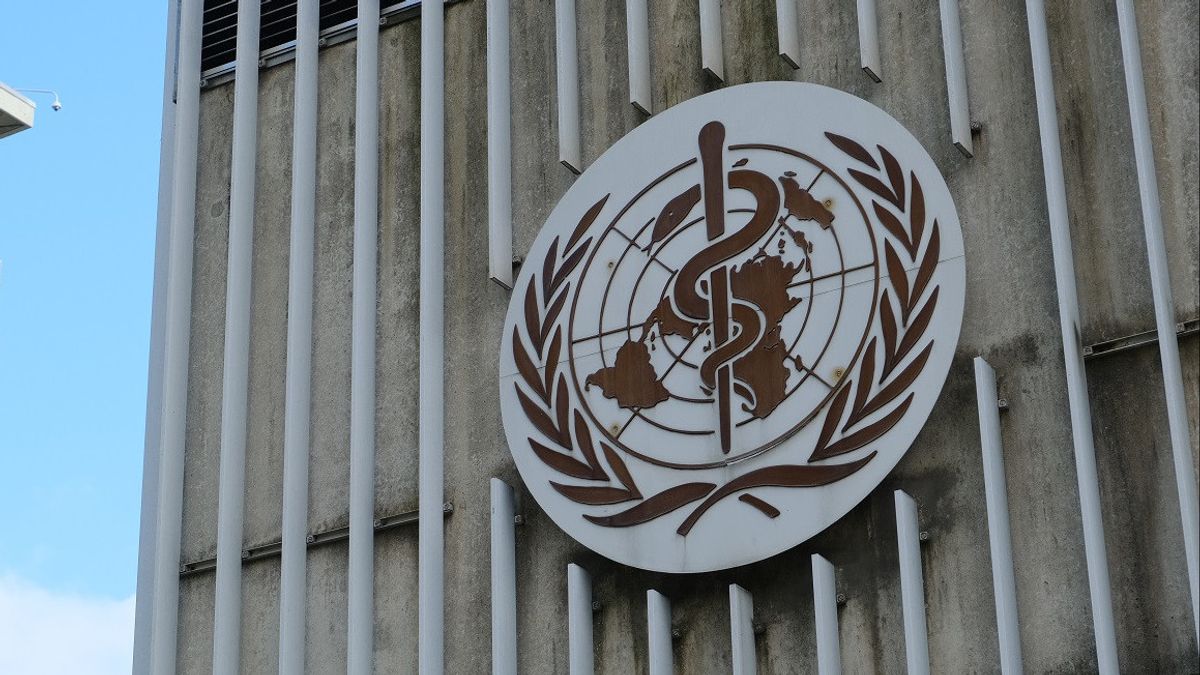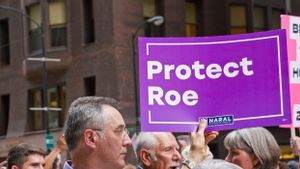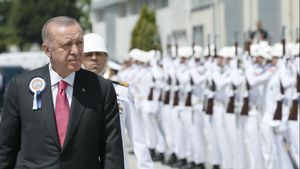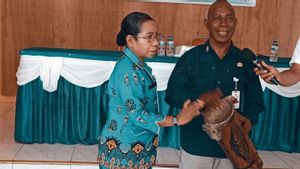JAKARTA - The World Health Organization (WHO) said the increasing outbreak of monkeypox in more than 50 countries should be closely monitored, but the situation has not yet reached the level of a global health emergency.
In a weekend statement, the WHO's emergency committee said many aspects of the outbreak were "unusual" and acknowledged monkeypox, which is endemic in several African countries, had been neglected for years.
"While several members expressed differing views, the committee decided by consensus to inform the WHO Director-General, at this stage the outbreak must be determined not to constitute a global health emergency," WHO said in a statement, cited from Euronews, June 27.
However, the WHO nevertheless pointed to the "emergency nature" of the outbreak and said controlling its spread required an "intense" response.
The committee said the outbreak should be "closely monitored and reviewed after several weeks." But would recommend a reassessment before then, if certain new developments emerge, such as cases among sex workers, spreading to other countries or within countries that already have cases, increasing severity of cases, or increasing rates of spread.
Earlier, WHO Director-General Tedros Adhanom Ghebreysus convened an emergency committee on Thursday after expressing concern about the monkeypox epidemic in countries that had not previously reported the disease.

"What makes the current outbreak particularly worrying is the rapid and continued spread to new countries and territories, the risk of further and sustained transmission to vulnerable populations, including immunocompromised persons, pregnant women and children," he said..
It is known that monkeypox has sickened people for decades in central and western Africa, but until last month, the disease had not been known to cause significant outbreaks in several countries at the same time, involving people who had no travel ties to the continent.
Declaring a global health emergency means that a health crisis is an 'extraordinary' event that requires a globally managed response, that a disease be at high risk of spreading across borders.
The WHO has previously made similar statements for several diseases, including COVID-19, Ebola in Congo and West Africa, Zika in Brazil and ongoing efforts to eradicate polio.
The emergency declaration largely served as a plea to draw more global resources and attention to the outbreak. The earlier announcements had mixed repercussions, given the WHO has been largely powerless when trying to convince countries to act.
The WHO said last week it had confirmed more than 3.200 monkeypox infections in about 40 countries that had not previously reported the disease.
Most cases occur in men who have sex with other men, with more than 80 percent of cases occurring in Europe.
Scientists warn that anyone who has close, physical contact with someone infected with monkeypox or their clothes or bed sheets is at risk of contracting the disease, regardless of their sexual orientation.
People with monkeypox often experience symptoms such as fever, body aches and rash. Most recover within a few weeks without requiring medical treatment.
SEE ALSO:
The current strain is less lethal than the African one. Monkeypox in Africa mostly affects people who come into contact with infected wild animals, such as rodents or primates.
And, to date, scientists have not found any mutations in the monkeypox virus that suggest it is more infectious or lethal, although the number of detectable changes suggests the virus may have spread undetected for years.
Types of disease that are transmitted outside Africa usually have a mortality rate of less than 1 percent. The variety seen in Africa can kill up to 10 percent of people affected.
The English, Chinese, Japanese, Arabic, and French versions are automatically generated by the AI. So there may still be inaccuracies in translating, please always see Indonesian as our main language. (system supported by DigitalSiber.id)


















